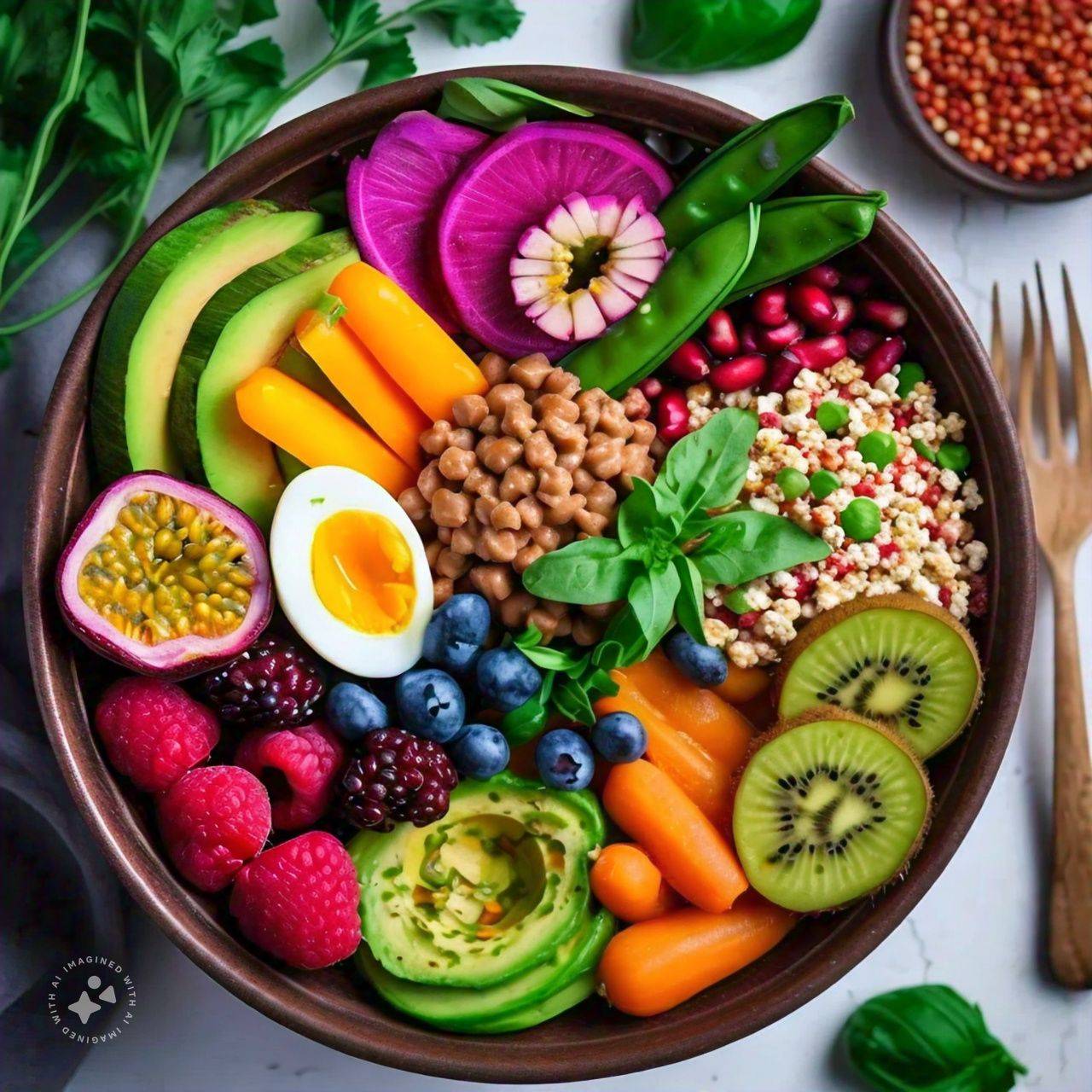In recent years, "functional foods" have become a popular topic in nutrition, but what exactly are they, and why are they important for your health? Unlike regular foods, functional foods offer additional health benefits beyond basic nutrition. They’re packed with bioactive compounds, vitamins, minerals, or antioxidants that support specific bodily functions. Let’s dive into what functional foods are, examples of these foods, and how they can benefit your health.
What Are Functional Foods?
Functional foods are foods that offer health benefits beyond the basic nutrients they contain. In addition to providing energy, protein, fats, and carbohydrates, these foods are fortified with additional nutrients or contain natural compounds that support health. There are two main types of functional foods:
1. Natural Functional Foods: These are foods that naturally contain bioactive compounds. For example, berries contain antioxidants, and fish is high in omega-3 fatty acids.
2. Fortified Functional Foods:
These are foods that have been enriched with extra nutrients. For instance, milk fortified with vitamin D or orange juice with added calcium.
Benefits of Functional Foods
Functional foods can help improve overall health, prevent certain diseases, and promote better quality of life. Here are some specific benefits:
1. Support Immune Health
Certain functional foods contain nutrients like vitamin C, zinc, and antioxidants, which are essential for a strong immune system. For example, citrus fruits, garlic, and yogurt can boost immunity and protect against infections.
Foods to try: Oranges, berries, spinach, garlic, and yogurt with probiotics.
2. Promote Heart Health
Functional foods like oats, fatty fish, and nuts are rich in fiber, omega-3 fatty acids, and antioxidants, all of which can reduce inflammation, lower cholesterol, and improve heart health.
Foods to try: Oatmeal, salmon, walnuts, chia seeds, and dark leafy greens.
3. Aid in Digestive Health
Foods high in fiber and probiotics support a healthy gut by promoting digestion and improving the balance of gut bacteria. Probiotics, found in foods like yogurt and kefir, support gut health and can alleviate digestive issues.
Foods to try: Greek yogurt, sauerkraut, kimchi, whole grains, and bananas.
4. Improve Bone Health
Functional foods rich in calcium and vitamin D are essential for strong bones. Dairy products are often fortified with vitamin D to help the body absorb calcium, which supports bone density and reduces the risk of osteoporosis.
Foods to try: Fortified milk, cheese, leafy greens, almonds, and tofu.
5. Help Manage Blood Sugar Levels
Certain functional foods contain complex carbohydrates and fiber, which help regulate blood sugar levels. Foods like whole grains, legumes, and cinnamon can help maintain stable blood glucose levels and reduce the risk of diabetes.
Foods to try: Quinoa, lentils, beans, cinnamon, and apples.
6. Enhance Brain Health
Some functional foods are rich in antioxidants, healthy fats, vitamins, and minerals that support brain function, improve memory, and reduce the risk of cognitive decline. Foods like blueberries, fatty fish, and nuts contain nutrients that benefit the brain.
Foods to try: Blueberries, walnuts, salmon, dark chocolate, and turmeric.
Examples of Popular Functional Foods
Here are some popular functional foods and the unique benefits they provide:
Blueberries: High in antioxidants, which combat free radicals and reduce inflammation.
Spinach: Contains iron, folate, and antioxidants that promote blood health and energy levels.
Green Tea: Loaded with antioxidants called catechins, which may improve heart and brain health.
Turmeric: Contains curcumin, known for its anti-inflammatory properties and support for joint health.
Kefir: A probiotic-rich fermented milk drink that supports digestive health.
Chia Seeds: High in fiber, omega-3s, and minerals that support heart and digestive health.
How to Incorporate Functional Foods Into Your Diet
Here are some easy ways to add more functional foods into your daily meals:
1. Start with Breakfast: Try adding blueberries, chia seeds, or a spoonful of Greek yogurt to your morning smoothie or oatmeal.
2. Snack Smart: Choose snacks like nuts, dark chocolate, or a handful of berries, which offer additional health benefits.
3. Add Greens to Every Meal: Toss spinach or kale into salads, soups, or pasta dishes for an extra boost of nutrients.
4. Switch to Whole Grains: Opt for whole-grain versions of rice, bread, and pasta to add fiber and improve digestion.
5. Enjoy Fermented Foods: Add kimchi or sauerkraut to your meals, or have a small glass of kefir with breakfast to support gut health.
Functional foods are an easy and delicious way to boost your health. By choosing foods that not only nourish but also provide added benefits, you can improve your overall well-being, reduce the risk of chronic diseases, and feel more energized. Try incorporating a few functional foods into your meals, and you’ll soon see the positive impact on your health.
With functional foods, eating well means more than just fueling your body—it’s about empowering yourself with the nutrients to live a healthier, more vibrant life!



No comments yet
Be the first to share your thoughts!